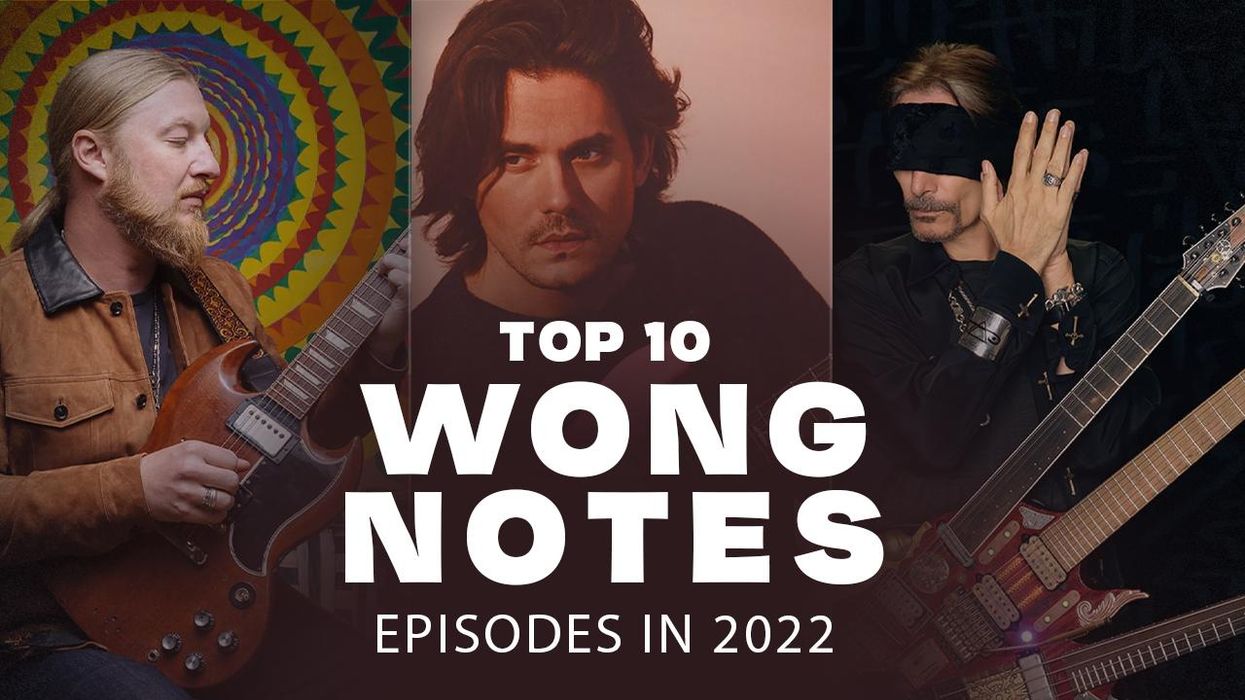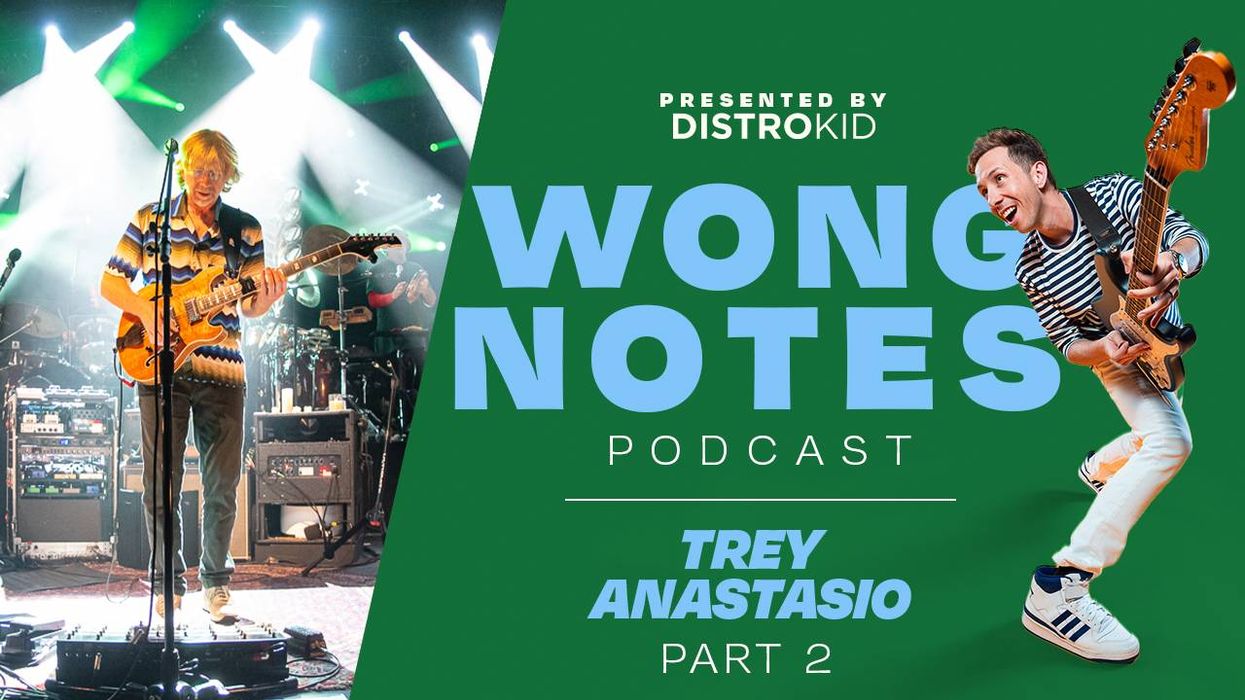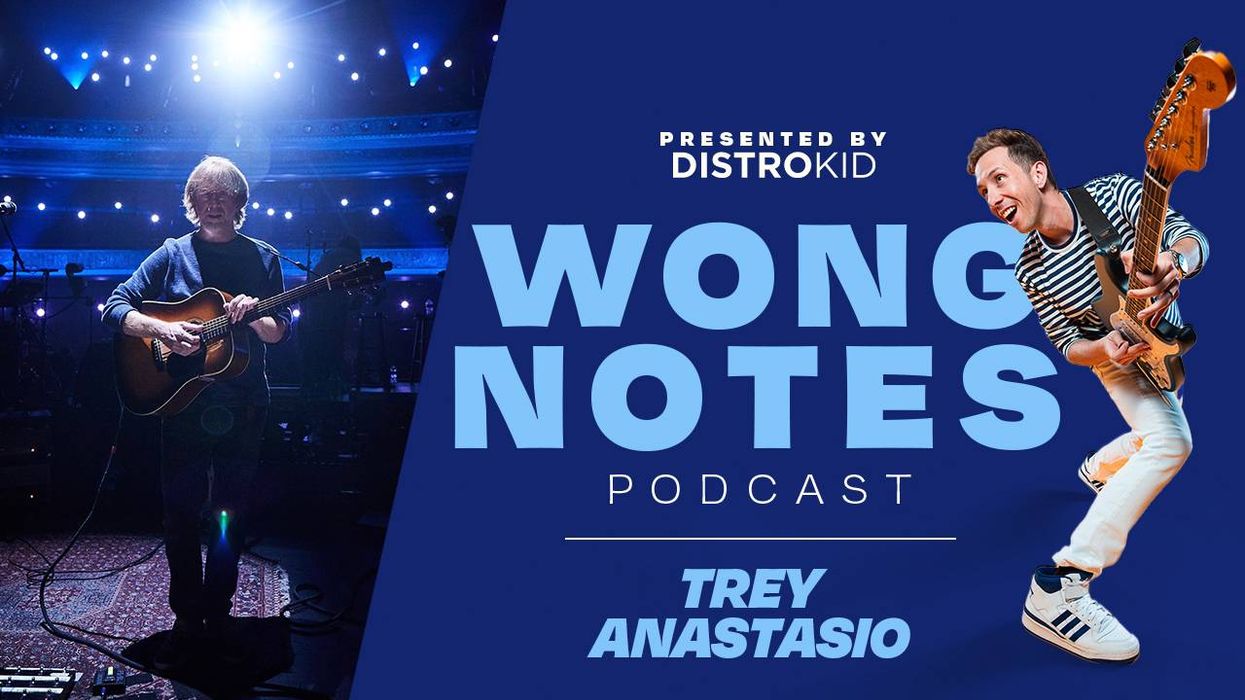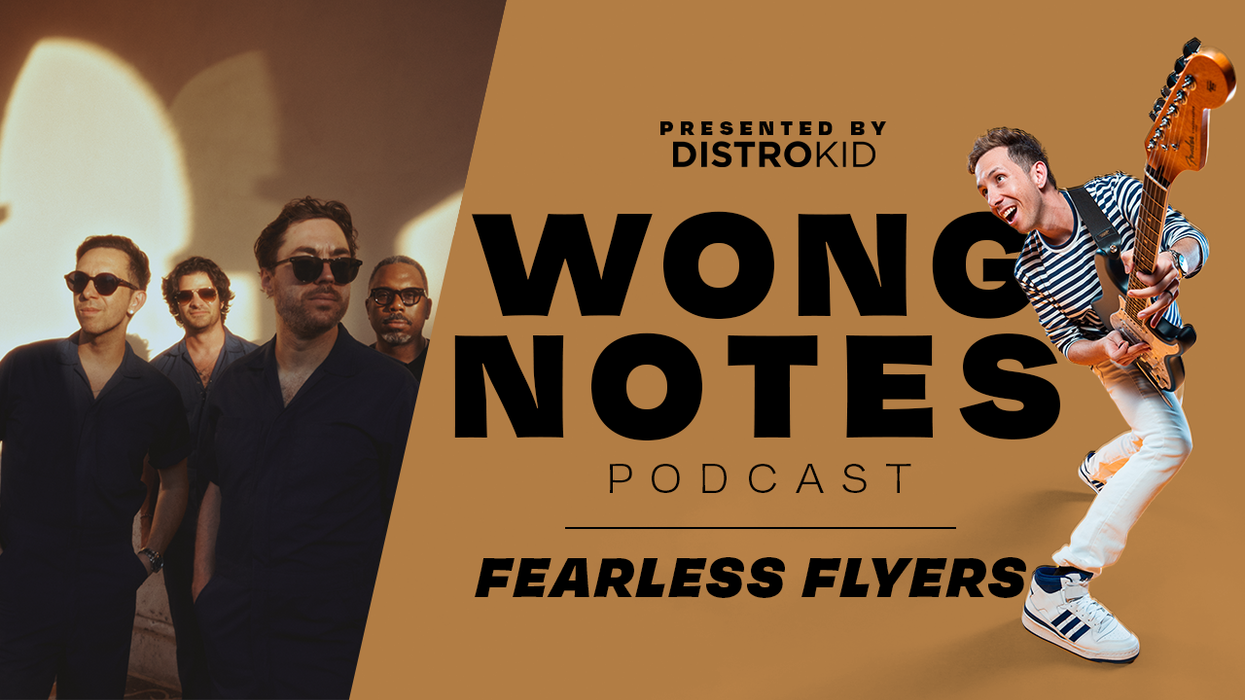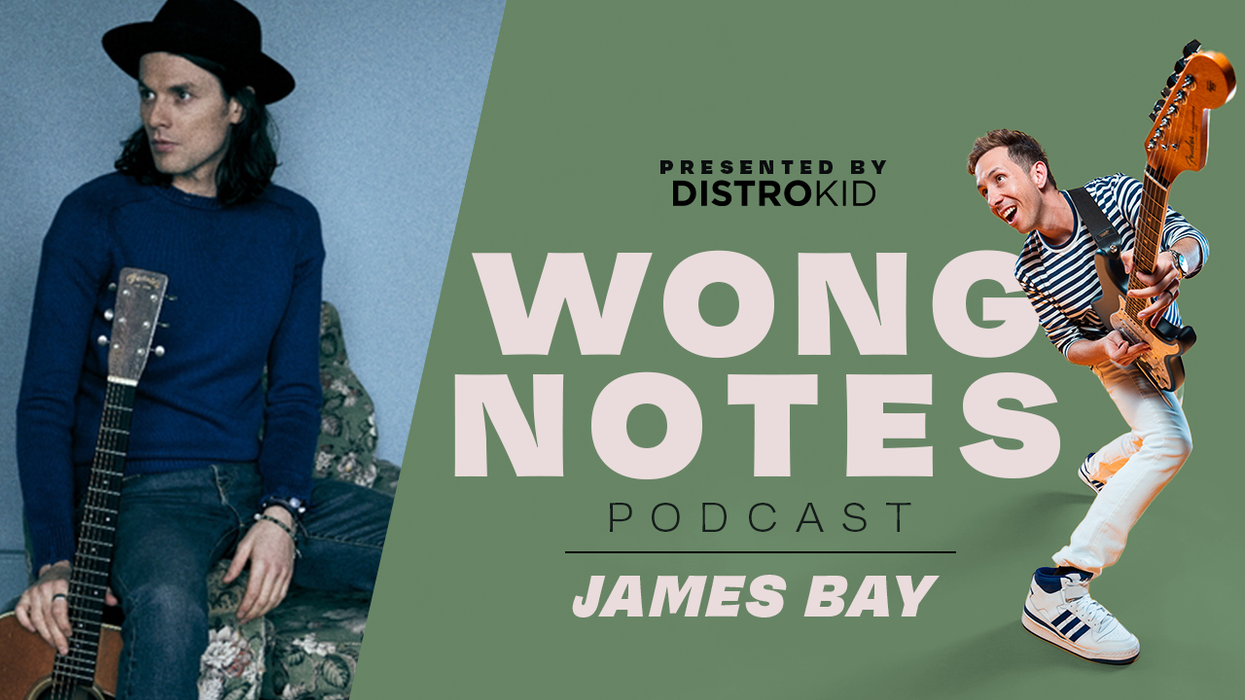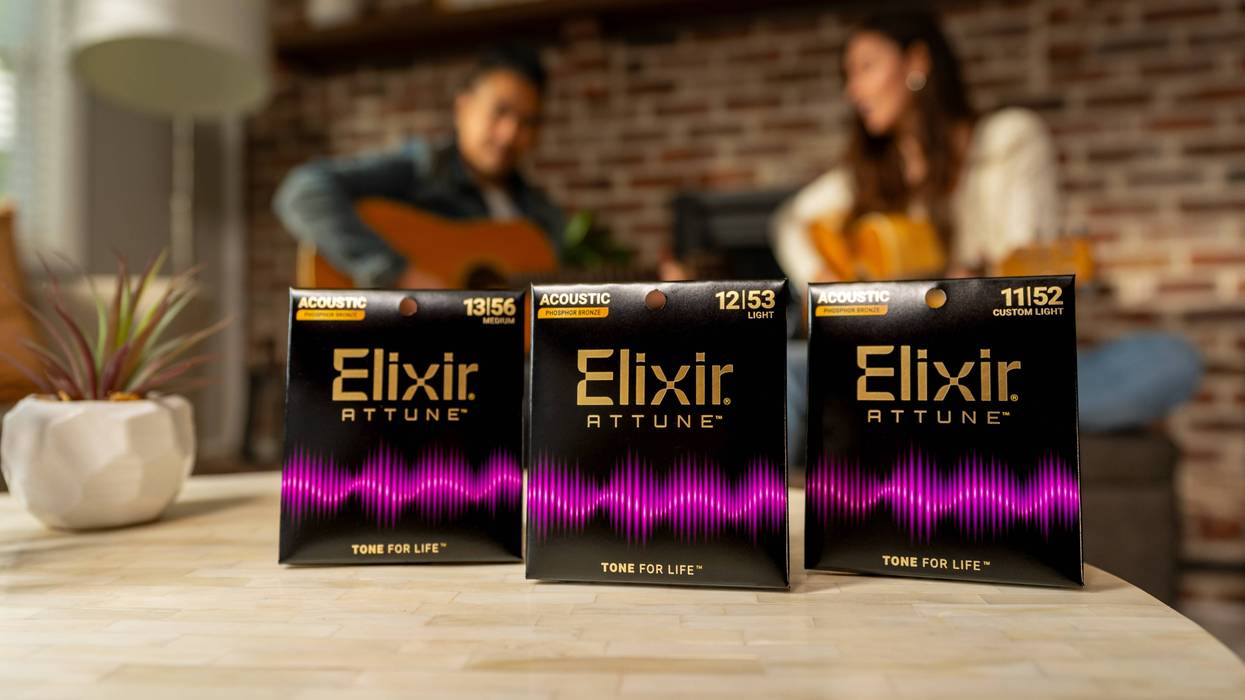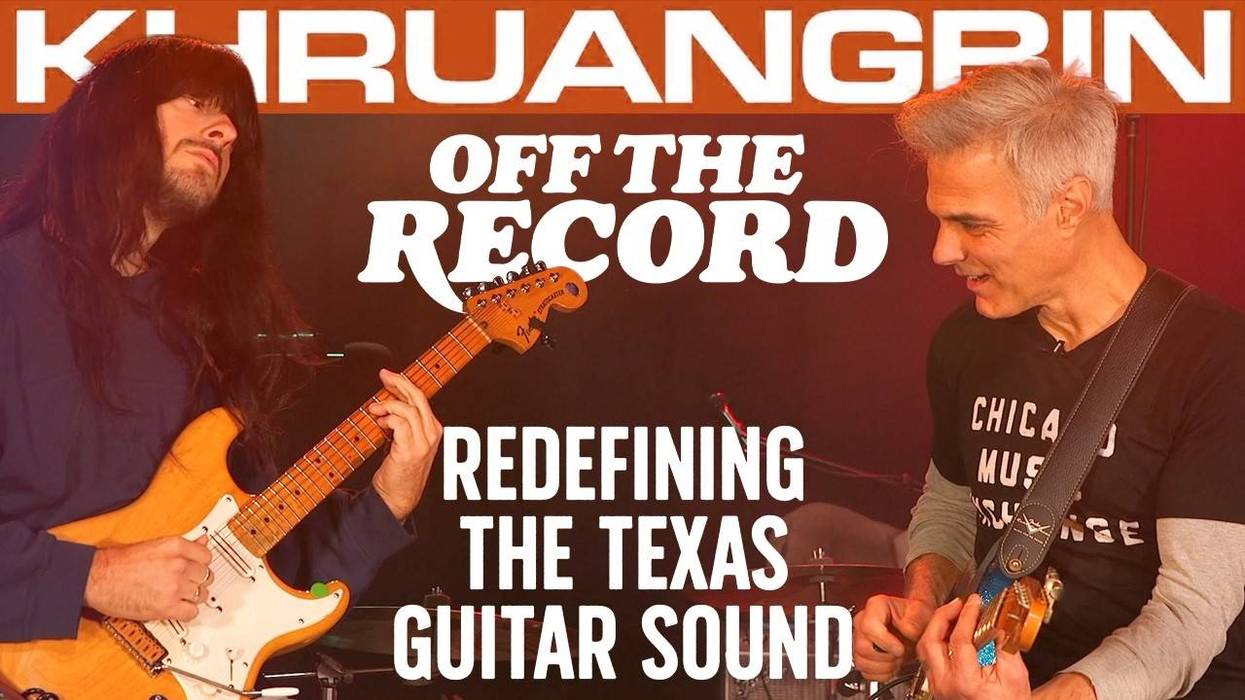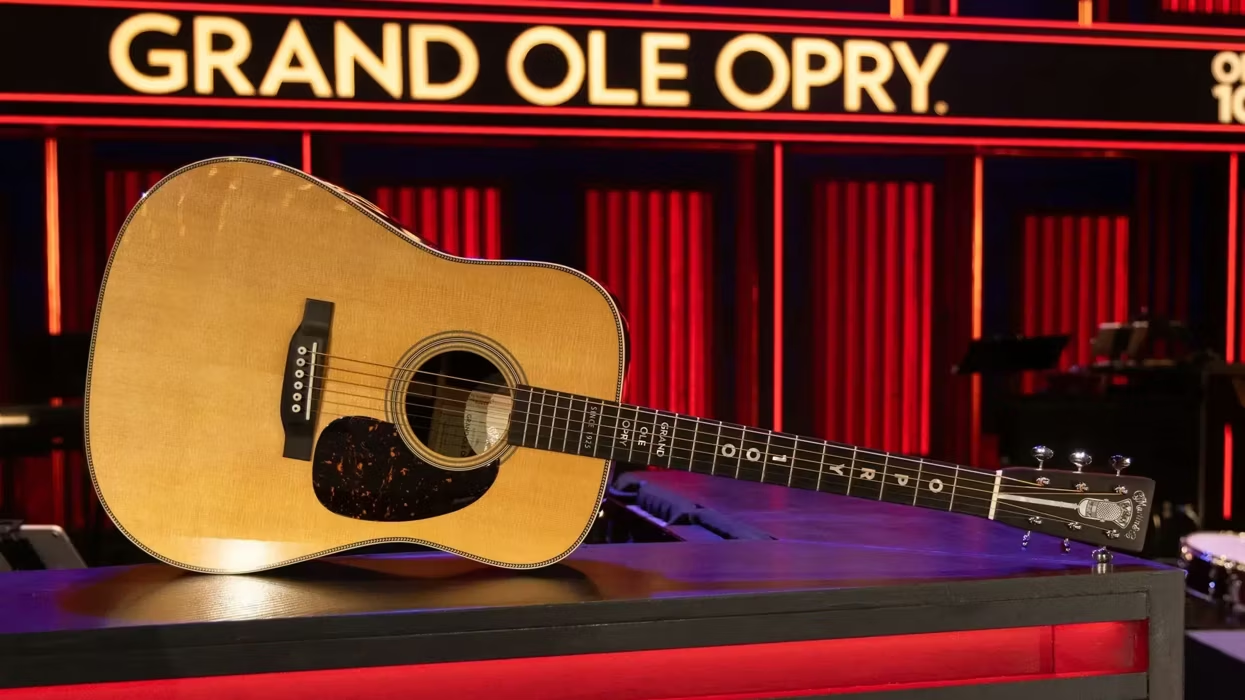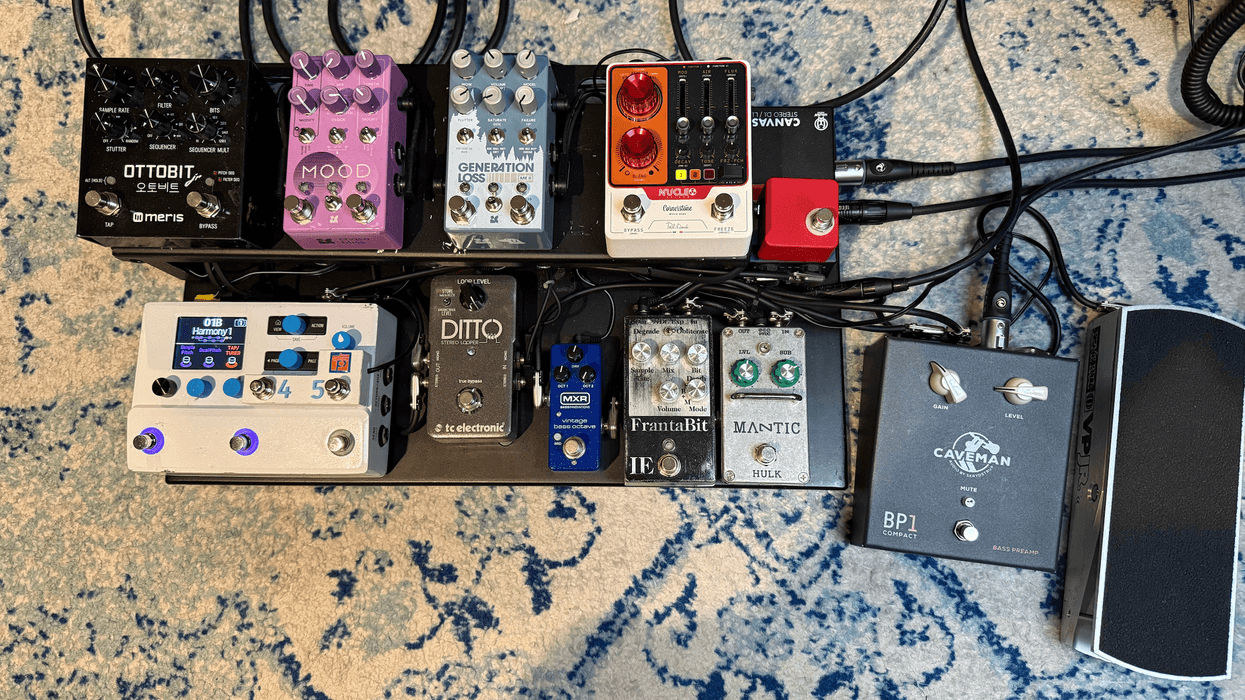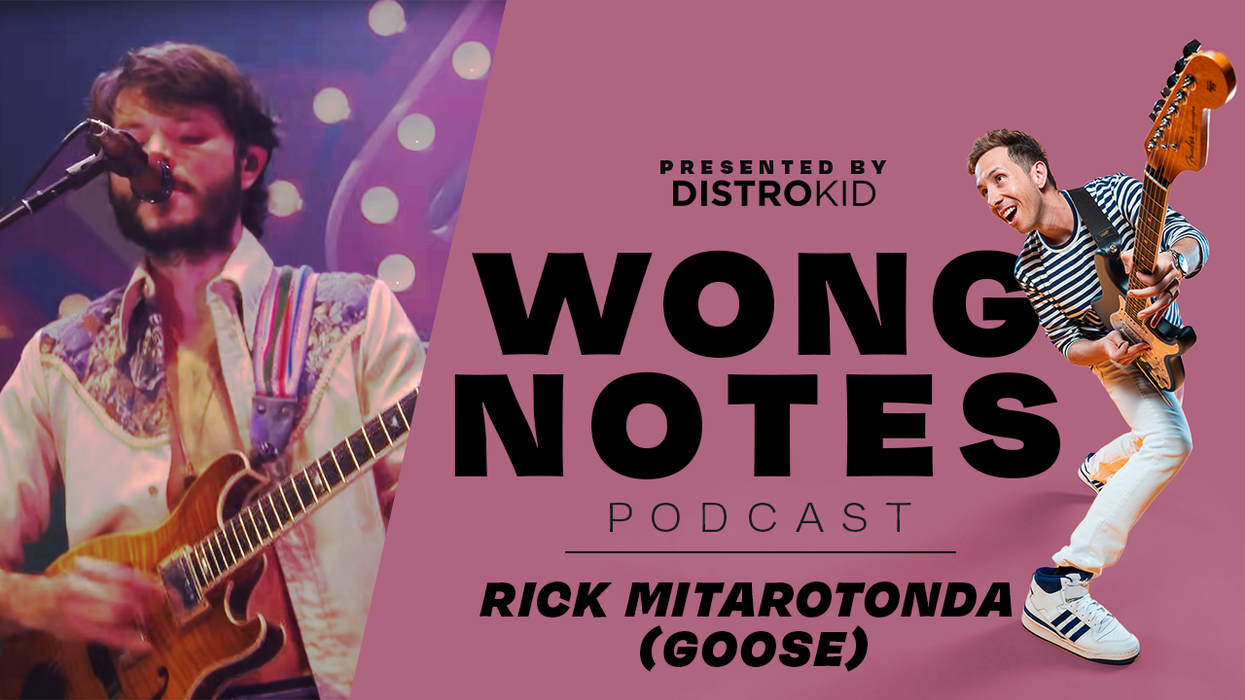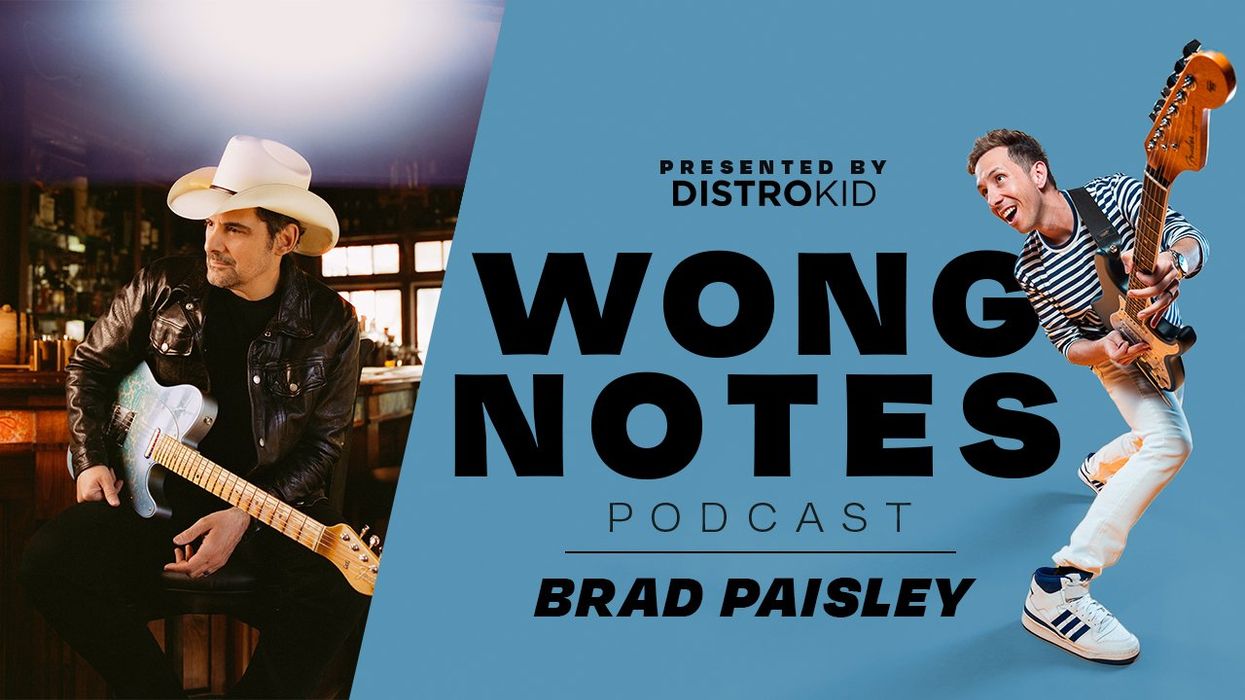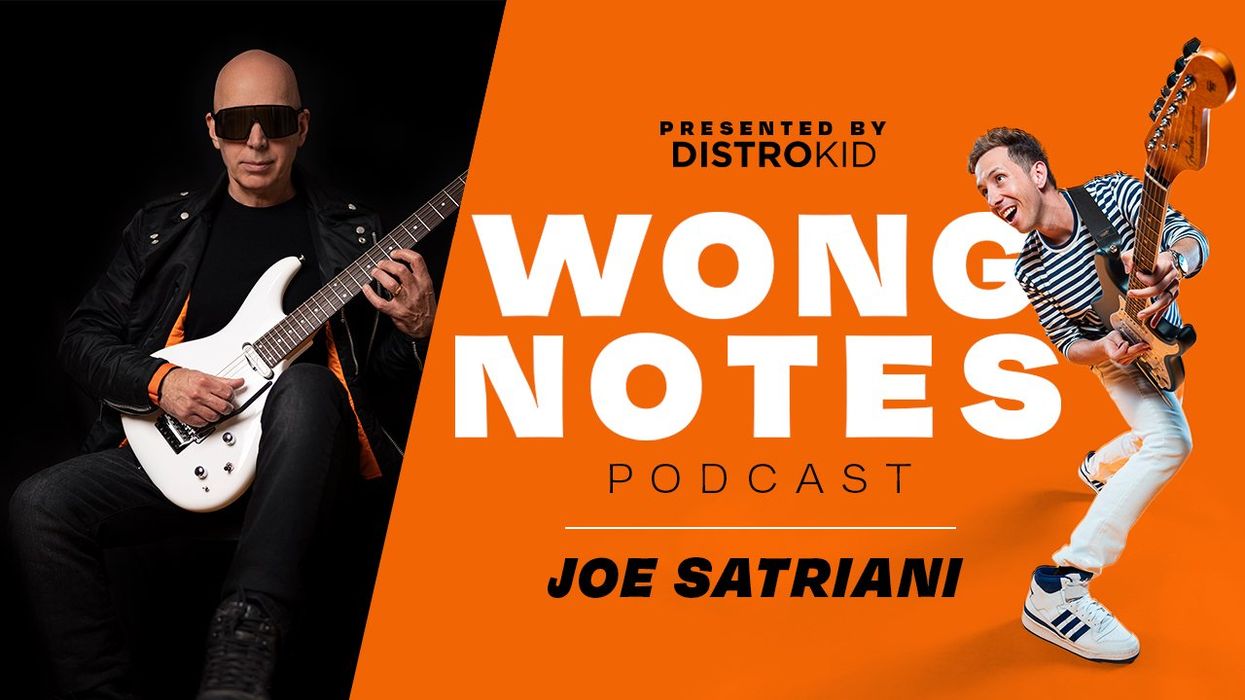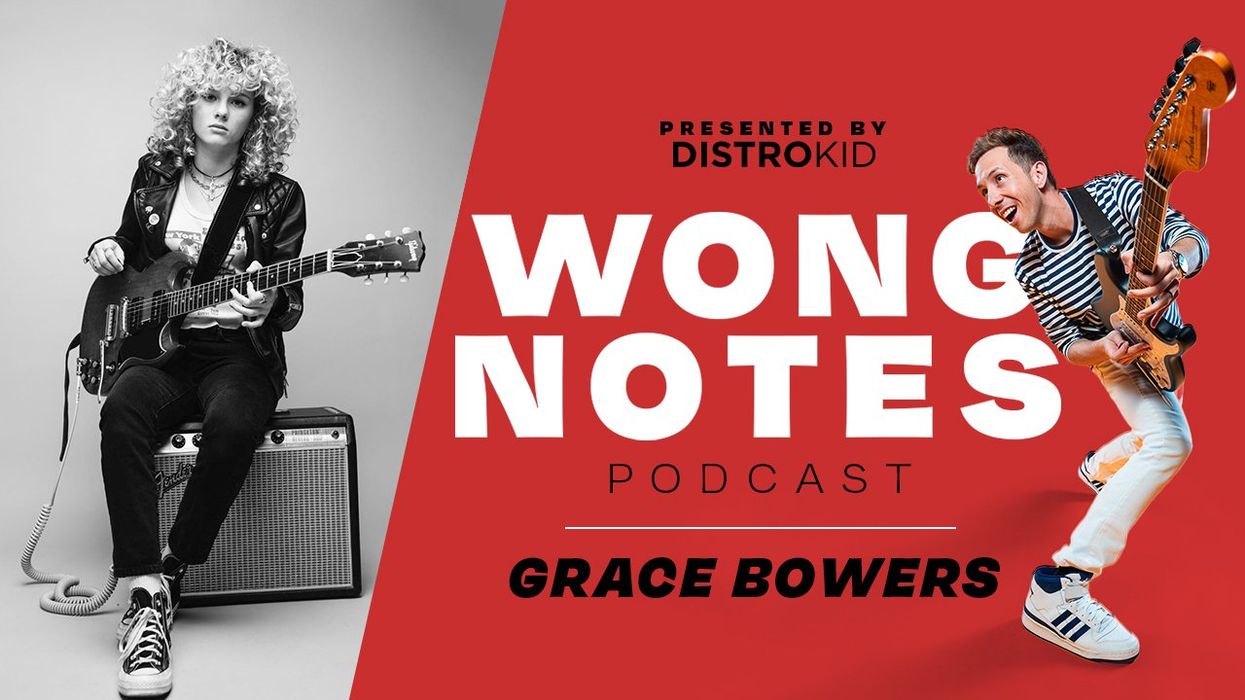From John Mayer’s “lost” song to Derek Trucks’ ode to the Super Reverb, we covered a lot of ground this year.
10. Bruce Hornsby: “Trying to Keep the Self-Loathing at Bay”
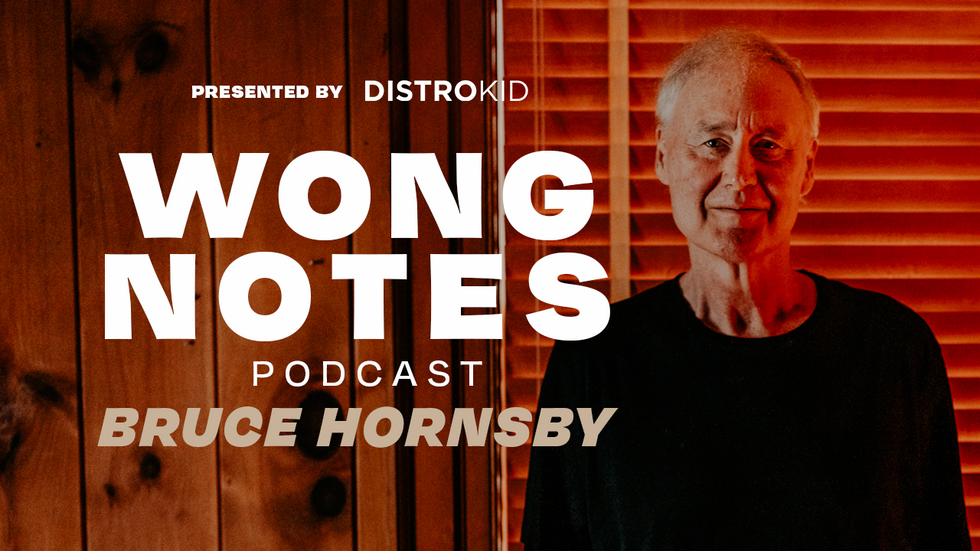 Cory Wong
Cory WongHow does a legacy artist stay on top of his game? The pianist, hit singer-songwriter, producer, and composer talks about the importance of musical growth and positive affirmation; his love for angular melodicism; playing jazz, pop, classical, bluegrass, jam, and soundtrack music; and collaborating with his favorite guitarists, including Pat Metheny and Jerry Garcia.
9. Yngwie J. Malmsteen: "I Never Felt That Art Is a Sport”
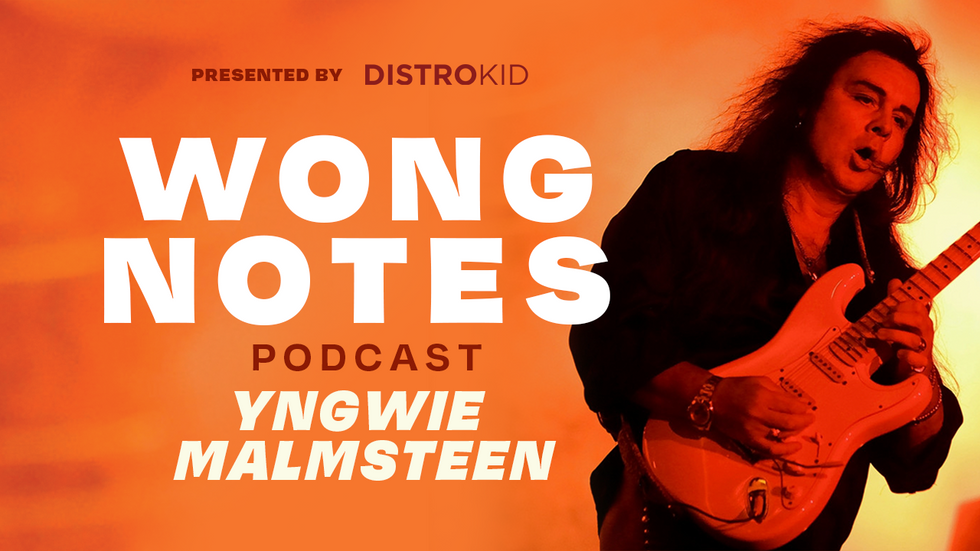 Cory Wong
Cory WongThe tennis-playing, art-enthusiast, Ferrari-collecting shredder talks about his passion, his practice, his love for the Strat, and who he thinks is the greatest guitar player who’s ever lived.
8. Mike Campbell Likes the “Real Stuff”
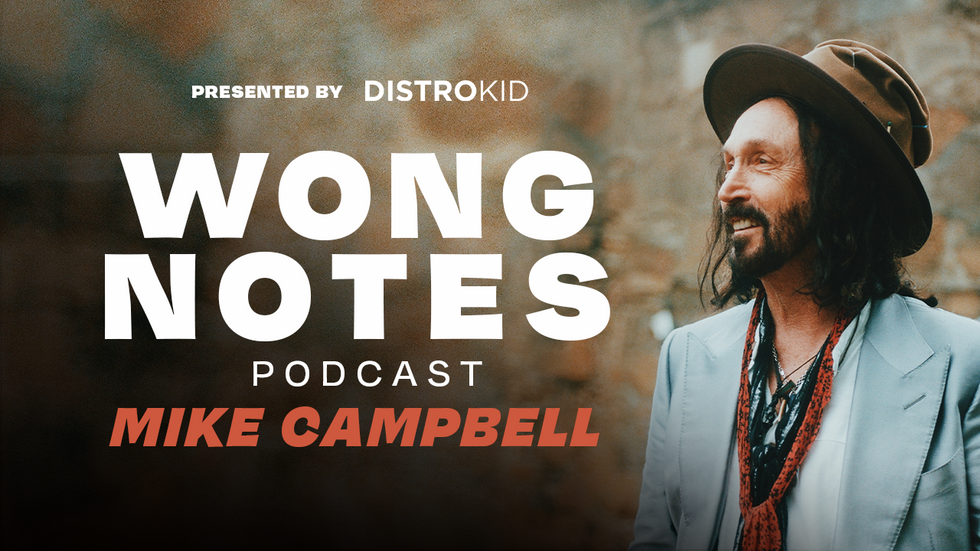 Cory Wong
Cory WongThe Heartbreakers guitarist and Dirty Knobs frontman answers deep questions about songwriting, producing, and hitmaking.
7. Ariel Posen: “Dynamics Are the Most Important Thing.”
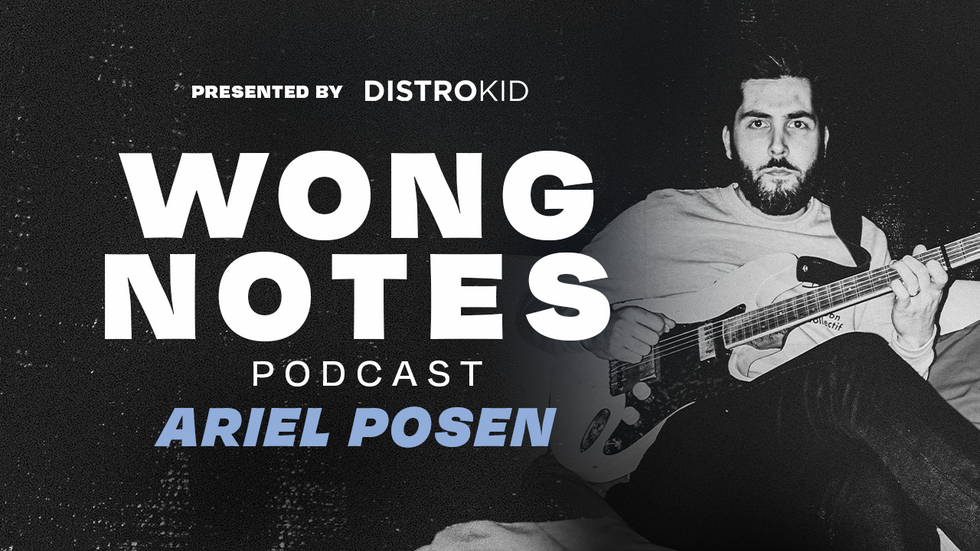 Cory Wong
Cory WongThe roots-guitar innovator talks about controlling his sound, when to play large or small amps, using overdrive and compression, mastering slide, building community on social media, and the overall role gear plays in defining his distinctive tone.
6. Victor Wooten: "Music Needs Us."
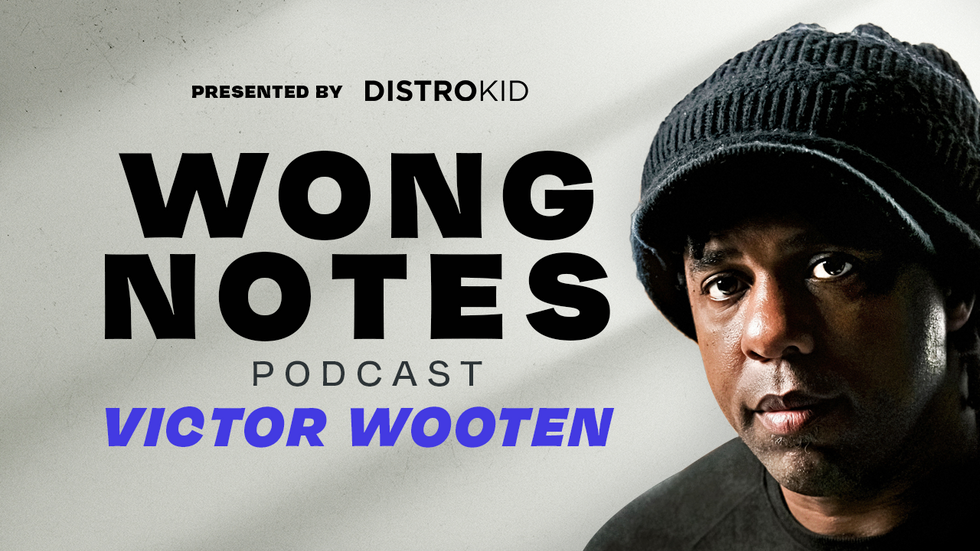 Cory Wong
Cory WongThe bass wiz and author shares deep wisdom about bass, music, and more.
5. What Scares Julian Lage?
 Cory Wong
Cory WongThe jazz phenom chats about flying with his guitar, how he approaches fluidity on his instrument, overcoming injury, and his take on pedals and tunings.
4. Derek Trucks: “There’s a Lot of Music Out There”
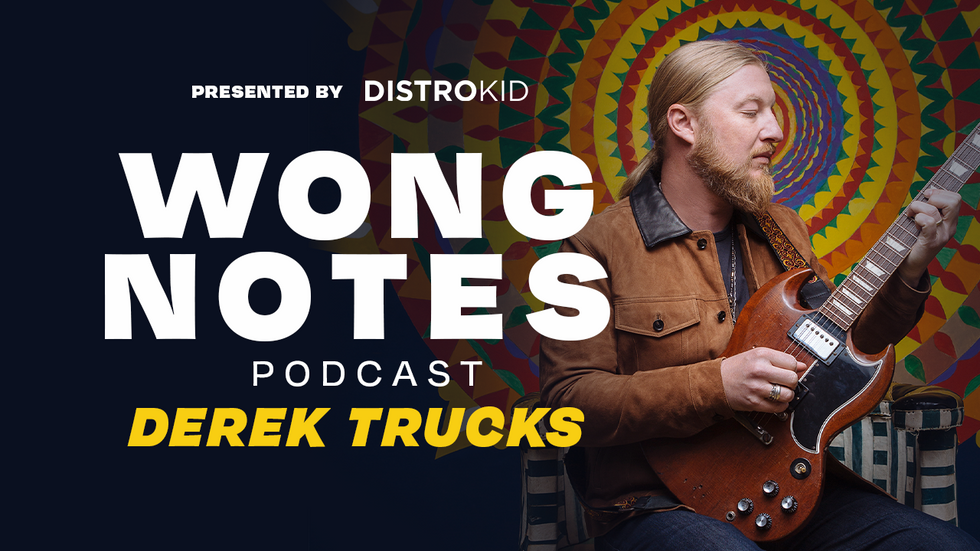 Cory Wong
Cory WongThe slide master talks about amalgamating influences, keeping it fresh, how he approaches tone, and the best amp ever made.
3. Vai on Vai: “That’s Me—Obtuse and Quirky”
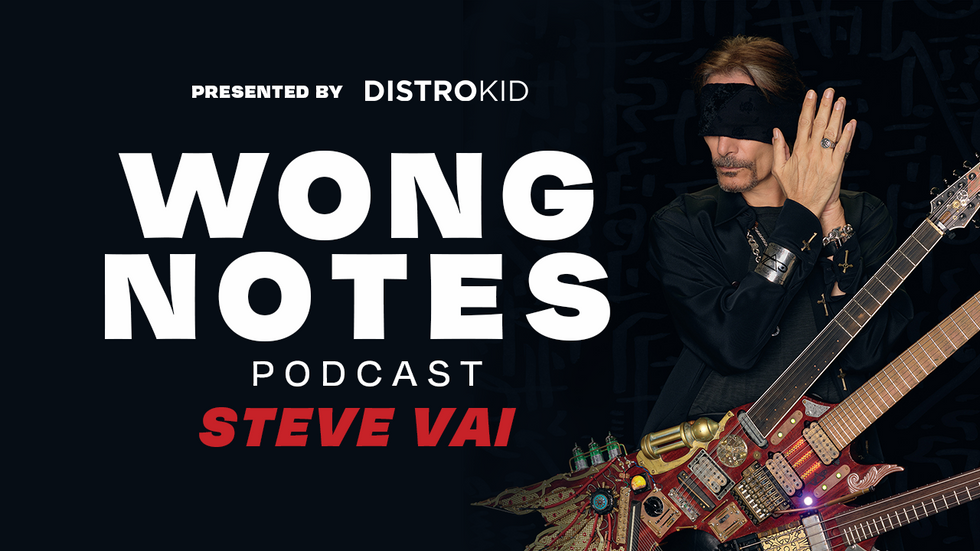 Cory Wong
Cory WongThe legend talks gear, almost jamming with Prince, guitar heroes, melody, fear, swapping technique for passion, his hydra guitar, why he chose the players on his latest album, and his true superpower.
2. John Mayer Pt. 2—A Song Too Perfect to Record?
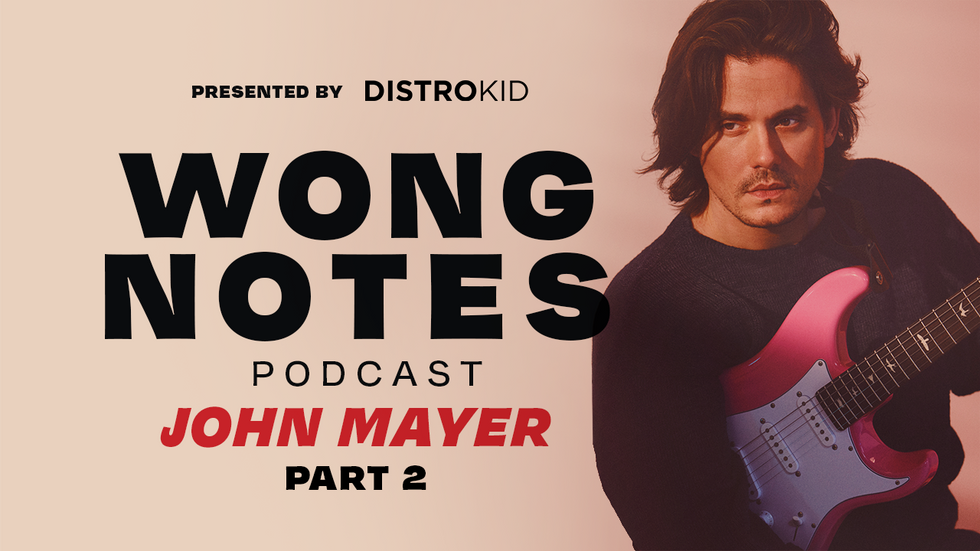 Cory Wong
Cory WongCory and John Mayer sit down with their guitars to jam and discuss how they approach playing, songwriting, record-making, and the music business.
1. Mayer Is King
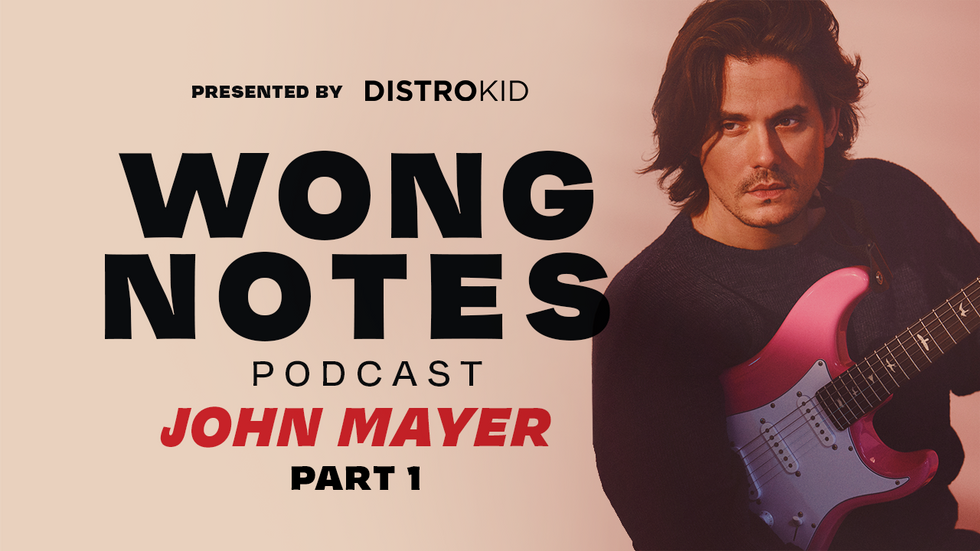 Cory Wong
Cory WongCory and John Mayer sit down with their guitars to jam and discuss how they approach playing, songwriting, record-making, and the music business.


